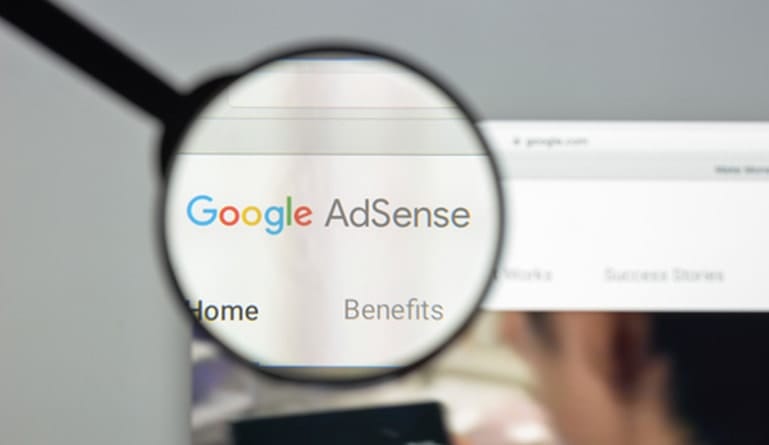Businesses and bloggers have been asking – is Google AdSense or Affiliate Marketing better? We take you through the pros and cons.
Since on-page advertising became a major way for bloggers and small businesses to add a monetizing element to their web presence, there has been an ongoing discussion of which programs or platforms are the best to use. There are two leaders in the advertising on websites world – Google AdSense and affiliate marketing programs.
Which is more effective?
It depends, of course, on the needs and goals of each individual business, and there are pros and cons for each. Here are some things to consider in the discussion of which is better for advertisers: Google AdSense vs. affiliate marketing.
Google AdSense
For most businesses and bloggers, Google AdSense is a smart way to start monetizing a website. Google makes it easy. You apply for AdSense and once you’re approved, you can place ads on your site. No special skills required. You can use Google’s user-friendly built-in analytics to track which ads are performing well and test different kinds of ads to increase your revenue.
There are some cons, however.
One of the biggest is that you can’t pick the exact product ads your audience sees with Google AdSense. This can be very frustrating to website readers who feel bombarded with content that’s not relevant to them or their interests.
Another downside of Google AdSense is that if someone clicks an ad on your page, it directs them away from your content. That click does earn you revenue, but there’s no guarantee that you’ll get that visitor back and if your page has other monetization built in – like an e-commerce store or sign up list – you could be losing more than you’re making.
Affiliate Marketing
Affiliate marketing is like a peer network, advertising for products, brands, or services that are relevant to your readership or related to your own promoted products and services. You see this on websites from small marketing agencies to fashion blog to Instagram accounts.
Usually, businesses will recommend a product or service and link to a page where their readers can buy that product or subscribe for that service. If the reader buys a product after clicking that link, the original site owner will get a commission from that purchase. This is a great option for niche bloggers who want to be able to only recommend products or services they’ve personally used and can endorse.
One benefit of affiliate marketing over AdSense is that it’s a good option for sites with less traffic. You don’t need a lot of traffic to make an impact, just the right kind of traffic to connect with your affiliate marketing options.
Amazon makes it exceptionally easy with their affiliate program, which directs traffic to the Amazon stores people shop with every day and makes it easy for businesses to track their affiliate earnings. With affiliate marketing, though, it’s important to make sure that your mentions of other companies don’t sound pushy or unnatural – this could end up harming the brand image you’re trying to build.
So, which one is best?
It depends on your goals – are you looking to increase your revenue or build your brand? AdSense makes a lot of sense for users trying to create passive, recurring income, where affiliate marketing is a great option for niche blog markets and people or businesses trying to establish themselves in the marketplace and build a professional network and reputation.
A lot of it also comes down to preference. Affiliate marketing relies on reviews and good copywriting, while AdSense allows banners to display on sites without much input from users.





